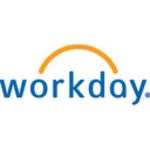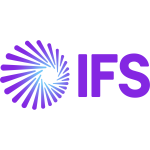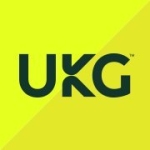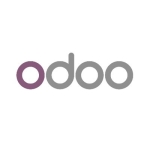It has improved the way we worked. Everything is now on a very well-centered database. Before, we would have things saved on Excel, but it would be on different versions, or someone would have it saved on e-mail, and it would not be saved as an Excel file. It became frustrating. On Excel it is definitely harder to keep things. With so many people in the company, everybody had his own version. Definitely that created a big disconnect. The Oracle E-Business Suite was not able to get reports. It was not able to get the connectivity. Now, we can use this solution to streamline the documentation and products of our organization.
The database is feature rich, no doubt. It is also a a tool that can easily connect an entire company. From this, you can build any BI orders. The reporting solution is good and it has a good database that connects with everything.
The UI interface is not good. In addition, there is a constant challenge that new things are evolving and people are looking at new ways of connecting. They do not want to log into web interfaces. And, the standard UI does not give you flexibility. You need to have a specialist who will work on the workflow. If changes are made, alerts are required. This provides challenges.
Additionally, if inventory gets linked with our OEM portals, you enter some number, order number, find the OEM number and then an inventory which you have ordered. You receive the GRN updates your inventory also, links with OEM, and we really good because then you'll know the third party hardware or whatever solution you're purchasing, what is the end of life, where is the end of support, when is the warranty ending, what is the new product coming?
All things can be related. Right now it is a stand alone system that is not integrated, whereas today you're talking about global solutions things can be in database. Even if it is not loud, even then things can be dated because you have only given purchase order to your OEM, you're under warranty. We have the right to get the information. OEM has the right to push information but then ERP is not supporting us. None of the effort goes into that.
Less than one year.
The product does not crash. It is stable.
We have not experienced problems with the scalability of the product. The only problem I have noticed is that sometimes the scales are not available easily in the market. Maybe in the future we will move to Linux or Interface Servers that will provide a lower cost solution. We will have to evaluate this in the future.
We are currently using the technical support because we have a relationship with Oracle to be able to raise tickets. We generally have not had many challenges.
The cost is high for this product.
When deciding on a solution, I suggest looking at the vendor, the stabiliy of the product and the tech support provisions. A business has to run smoothly, and the solution has to help ease that process.













